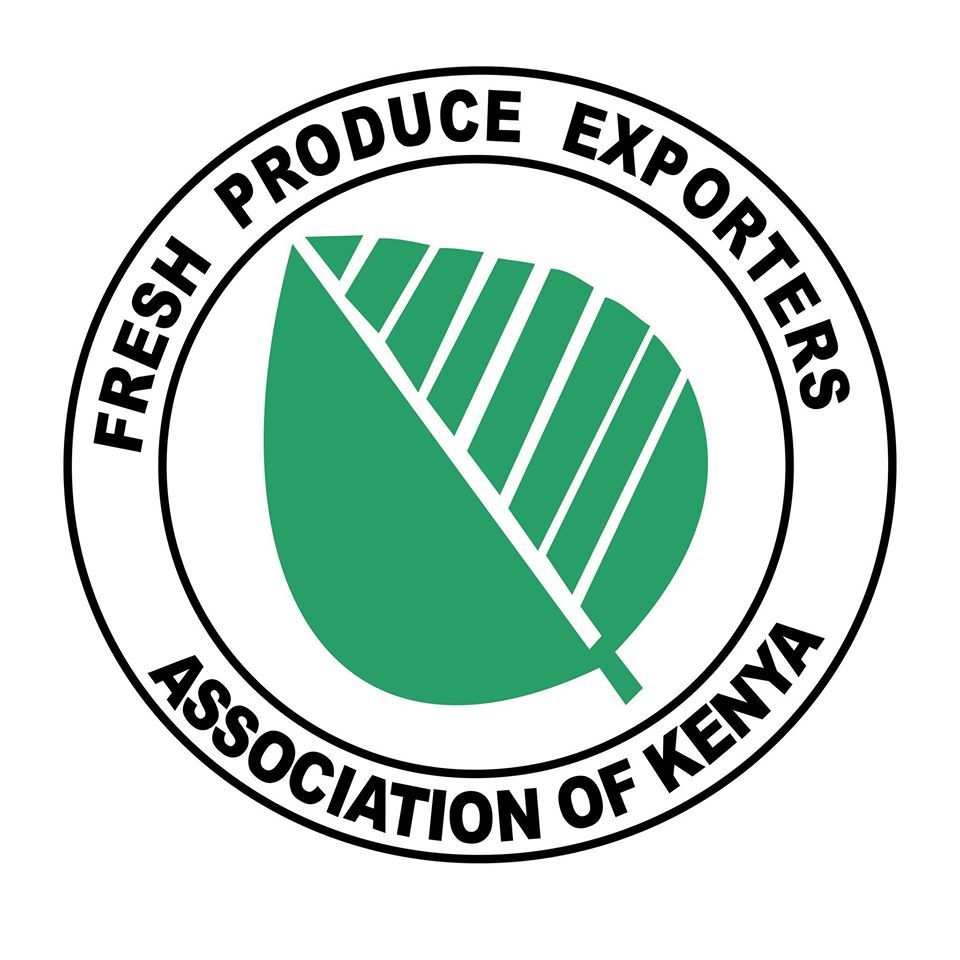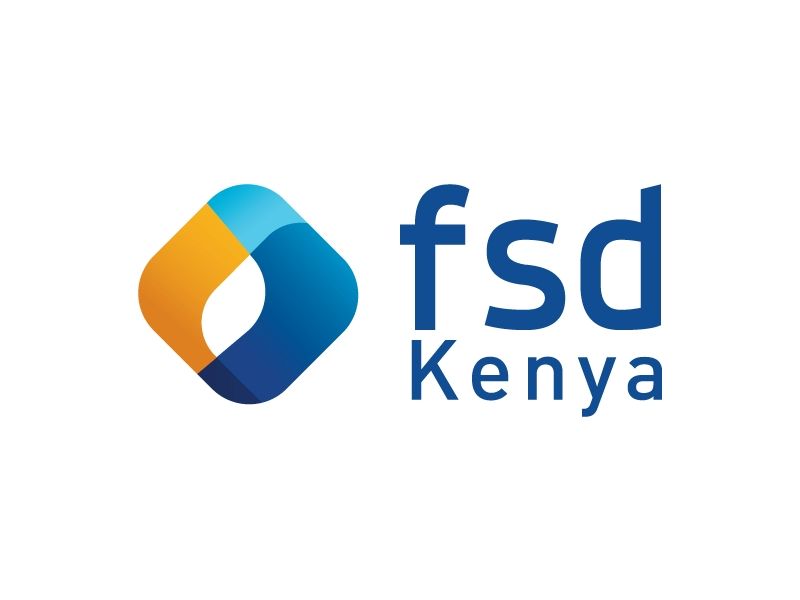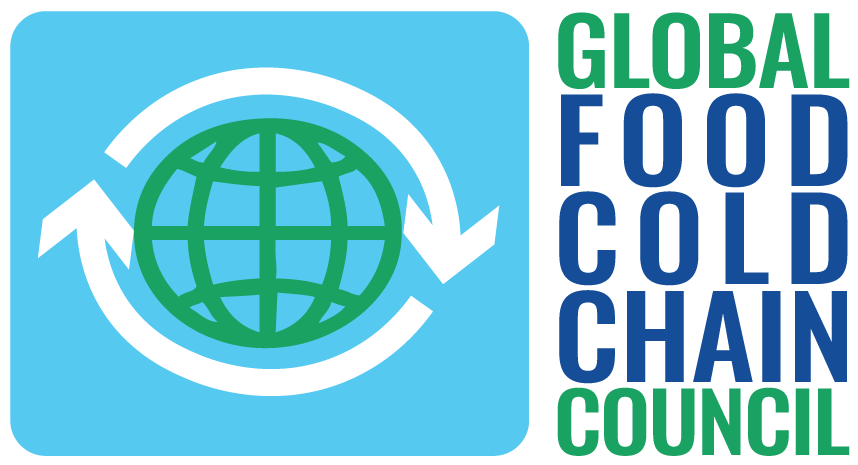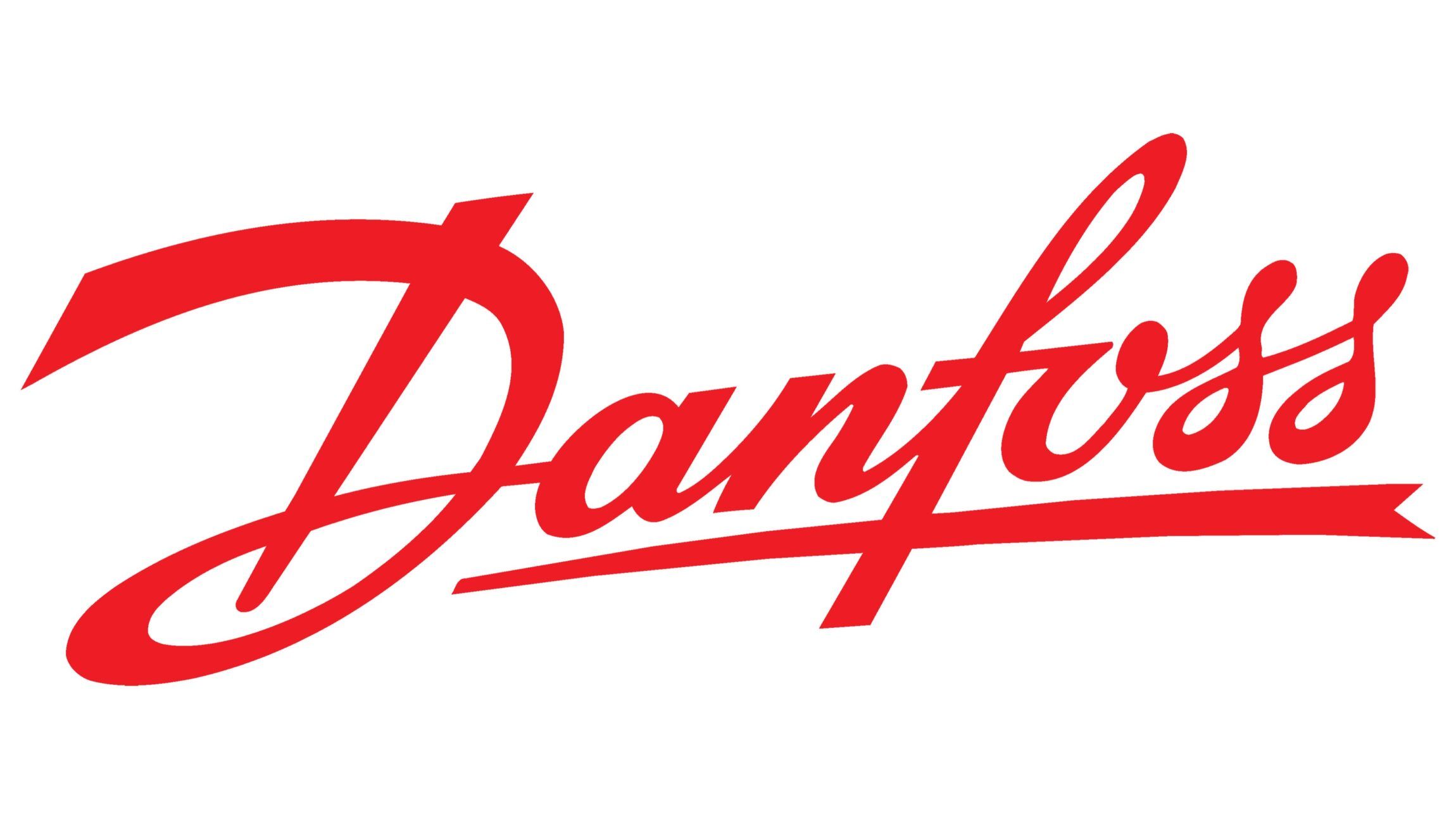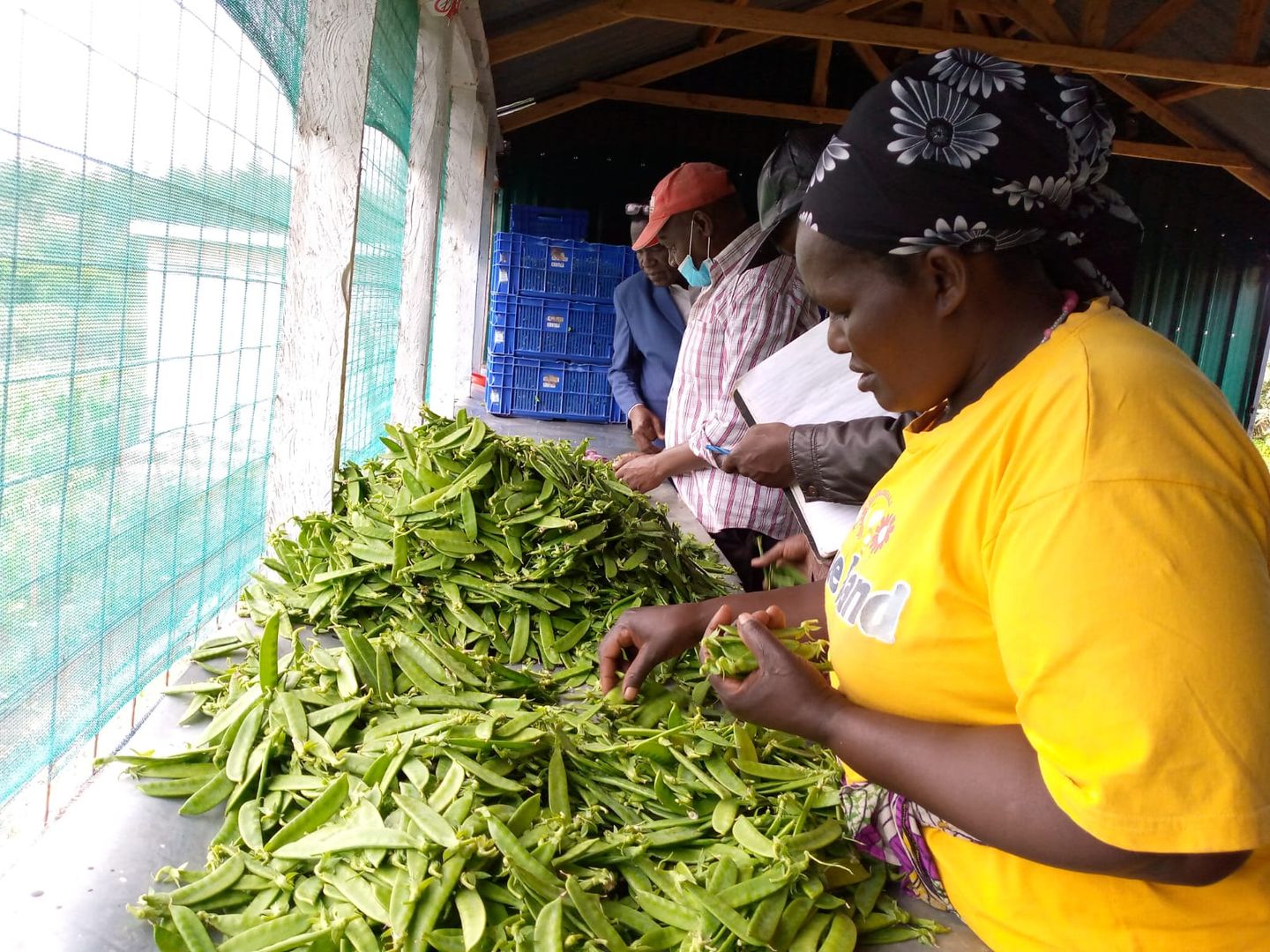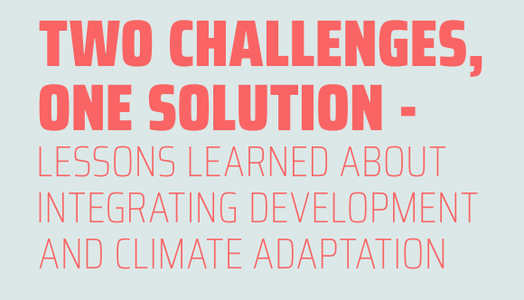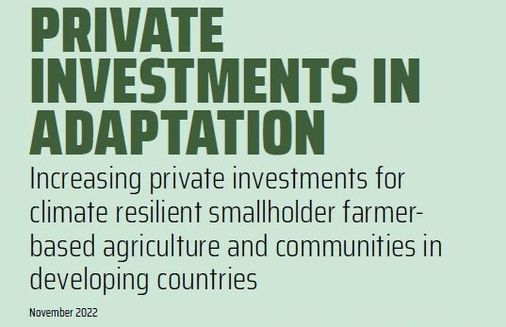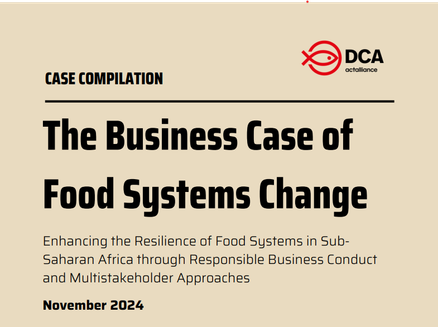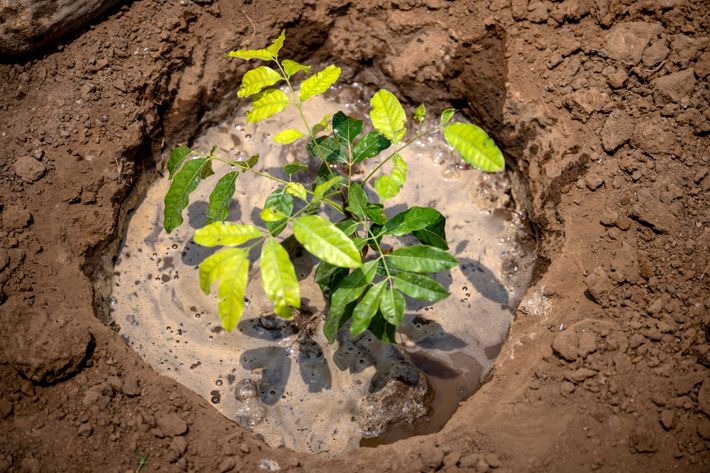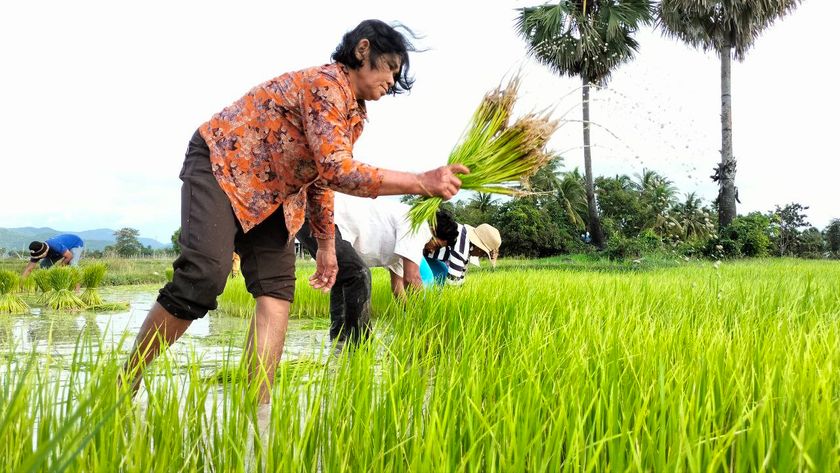The Issue
Rising temperatures from climate change are intensifying food spoilage and threatening the livelihoods of Kenya’s smallholder farmers. In Nakuru and Nyandarua counties, post-harvest losses can reach up to 40% for French beans, sugar snaps, snow peas, garden peas and other vegetables.
The farmers directly bear the cost of these losses and are left without the necessary capital and income to invest in solutions that could reduce the losses. Limited access to markets and value chains prevents them from realising the full value of their production.
Agriculture contributes to over 20% of Kenya’s GDP with horticulture alone valued at more than 1 billion USD. Reducing post-harvest losses is therefore both urgent for climate adaptation and attractive as a business opportunity.
Blended finance
Traditional commercial finance is out of reach for smallholder farmers. L2V bridges this gap by combining concessional funding with private investment. Development funding lowers the risk and makes the business case viable. Local financial institutions extend harvest-based financing (linked to crop sales) to farmer cooperatives and farmers repay directly from higher earnings made possible by reduced losses and better market access.
Such blended approach creates a self-sustaining financing model that has the potential to scale beyond pilot projects, ensuring climate-smart technologies become affordable and accessible.
The Project
The Loss to Value (L2V) project brings together a multistakeholder partnership to turn post-harvest losses into value creation. Led by DanChurchAid (DCA) and funded by Denmark via the ‘Danida Green Business Partnerships’ fund. The initiative connects technology, finance and market access to deliver climate-smart cooling solutions.
The key partners include Danfoss who is providing energy-efficient, low global-warming potential refrigeration technology and supervision; FSD Kenya supports designing innovative financing models so smallholder farmers can access cooling and Fresh Produce Exporters Association of Kenya (FPEAK) assist in strengthening farmer capacity to meet export standard certification and access to markets. Global Food Cold Chain Council (GFCCC) provides technical support and knowledge-sharing to the project.
Together this partnership enables farmer cooperatives and aggregators to invest in sustainable cold storage units that keeps produce fresh longer, reduce losses and enable farmers to adapt to rising temperatures.
The Change
The L2V project aims at demonstrating energy-efficient, low global-warming potential (GWP) refrigeration solutions to benefit:
- 2,000 farmers (1200 women and 400 youth).
- Four trader associations.
- Ten commodity aggregators in Nakuru and Nyandarua.

By accessing and storing fresh produce in cooling units, farmers can plan harvests more strategically, reduce losses and reach higher-value markets.
Outcomes include:
- Climate adaptation – supporting farmers to cope with rising temperatures and improve food security
- Reduced emissions – through adoption of energy-efficient, low-GWP cooling systems
- Economic gains – from reduced losses, improved incomes, and job creation
- Inclusive growth – empowering women and young farmers in value chains
If successful, the Kenyan pilot can pave way for scaling cold-chain systems across East Africa. By embedding climate adaptation in business models and financing structures, L2V shows how blended finance can unlock private investments in green infrastructure, transforming agriculture to resilience, food security and inclusive growth.
The Results
Initial results indicate that the L2V multistakeholder partnership is a win-win-win-win solution. The smallholder farmers in the Nakuru and Nyandarua counties in Kenya reduce losses, increase income, and strengthen their resilience. Cooperatives and FPEAK members gain access to high-value markets and Danfoss expands markets for sustainable cooling technology. Local financial institutions unlock new sustainable lending opportunities.
With the L2V climate-smart design and blended finance model, the project seeks to lay the foundation for a green, inclusive cold-chain system that can be scaled across East Africa – building resilience, strengthen livelihoods, food security and sustainable growth.
Voices from the field:
“The produce that would at times go bad due to loss of water, can now stay fresh three to four more days in the cooling unit, enabling us to harvest any day. This has helped us to eradicate issues such as overgrown beans that were prevalent. We used to lose over 28% of our produce, but with this cooling unit, we’re expecting to see more money coming to our pockets.”Ufumbuzi Farmer Cooperative
About the Project
Title: Reducing food loss and waste through green cold chain solutions for farmers and traders in Kenya
Period: 01/07/2023 – 31/12/2027
Budget: 14,934,039 DKK
Donor: Danida Green Business Partnership (DGBP)

